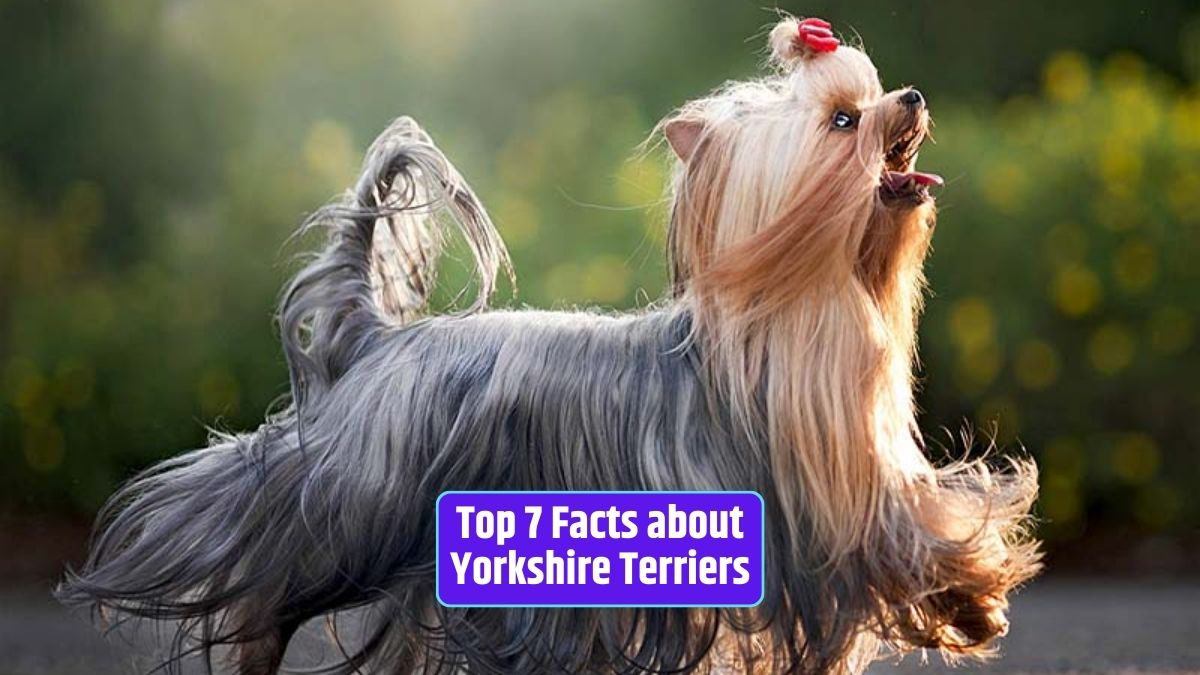In recent years, the United Kingdom has witnessed a growing concern regarding certain dog breeds that are deemed dangerous. As a result, the government has enacted breed-specific legislation aimed at ensuring public safety.
In this article, we will delve into the top three dog breeds that are banned in the UK, exploring the reasons behind these bans and the implications they carry for both dog owners and the general public.
- 1 Breed-Specific Legislation
- 2 Implications
- 3 Conclusion
- 4 FAQs
- 4.1 Are all Pit Bull Terriers banned in the UK?
- 4.2 Can I own a Japanese Tosa or Dogo Argentino in the UK with special permissions?
- 4.3 What should I do if I own a banned breed in the UK?
- 4.4 Why were these specific breeds chosen for the ban?
- 4.5 Are there any efforts to change or update breed-specific legislation in the UK?
Breed-Specific Legislation
Breed-specific legislation, commonly referred to as BSL, is a set of laws that target specific dog breeds believed to pose a higher risk of aggression or harm.
These laws typically involve restrictions, and in some cases, outright bans on owning, breeding, or importing certain breeds. The primary goal of BSL is to minimize the risk of dog attacks and protect the public.
Pit Bull Terrier
The Pit Bull Terrier is perhaps the most well-known banned breed in the UK. These dogs are known for their strength, agility, and loyal nature.
However, they have also been involved in a significant number of serious dog attacks, leading to their ban under the Dangerous Dogs Act 1991. Pit Bulls are perceived as a threat due to their powerful jaws and tenacious behavior, which can result in severe injuries if they attack.
Japanese Tosa
The Japanese Tosa is another breed prohibited in the UK under BSL. These dogs are originally from Japan and are known for their imposing size and strong physique.
They have a history of being used in dog fights, and their potential for aggression towards other dogs and humans has led to their ban. While individual temperaments may vary, the breed’s history has cast a shadow over its reputation.
Dogo Argentino
The Dogo Argentino, a large and muscular breed originating from Argentina, is also banned in the UK. These dogs were originally bred for big-game hunting, and they possess a strong prey drive and protective instincts.
Unfortunately, these traits can make them a danger in certain situations, particularly when not properly trained and socialized.
Implications
While the ban on these dog breeds aims to enhance public safety, it has several implications for both dog owners and the dogs themselves.
Owners of banned breeds must adhere to strict regulations, including muzzling their dogs in public, keeping them on a lead at all times, and ensuring they are microchipped and neutered. Failure to comply can result in fines, imprisonment, or even the euthanization of the dog.
Conclusion
In conclusion, the ban on certain dog breeds in the UK is a contentious issue. While the government’s intent is to protect the public from potential harm, it also affects responsible dog owners who may have well-behaved pets of these banned breeds.
It is essential for dog owners to understand the regulations in place and take necessary precautions to ensure the safety of both their pets and the public.
FAQs
Are all Pit Bull Terriers banned in the UK?
No, not all Pit Bull Terriers are banned. The breed must be registered on the Index of Exempted Dogs and meet specific criteria to be legally owned.
Can I own a Japanese Tosa or Dogo Argentino in the UK with special permissions?
Yes, it is possible to own these breeds with strict permissions, but the owner must adhere to stringent regulations and requirements.
What should I do if I own a banned breed in the UK?
If you own a banned breed, ensure you comply with all legal requirements, including microchipping, neutering, and keeping your dog muzzled and on a lead in public.
Why were these specific breeds chosen for the ban?
These breeds were banned due to their historical involvement in serious dog attacks and their perceived potential for aggression.
Are there any efforts to change or update breed-specific legislation in the UK?
Public opinion on BSL varies, and there have been discussions about reviewing and potentially revising these laws to focus on the behavior of individual dogs rather than their breed.






